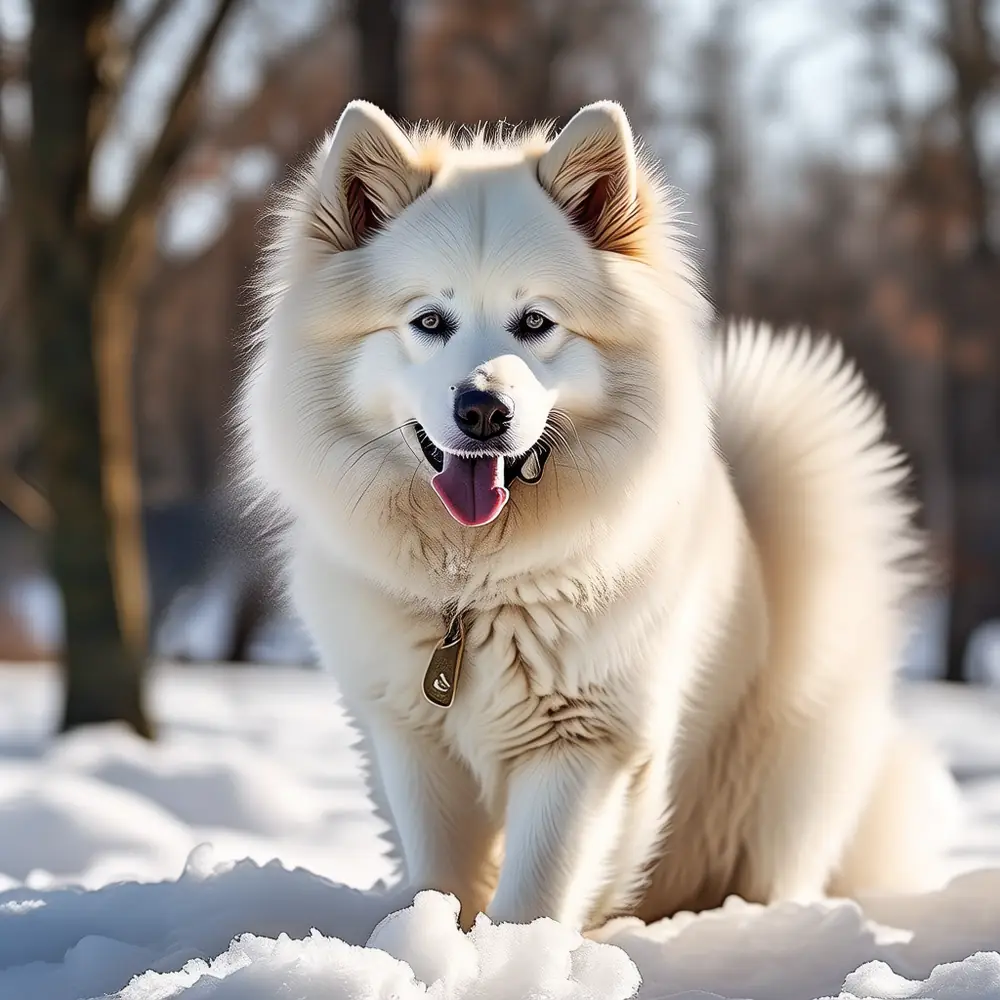Play, Paws, and Peace: The Art of Dog Socialization
For any dog owner, the idea of a well-adjusted, happy, and friendly pet is a top priority. Socialization is key to achieving this, as it helps your dog become comfortable and confident in various situations and around different people, animals, and environments. A well-socialized dog is not only a joy to be around but also less likelyome, reducing the risk of behavioral issues that can arise from fear or anxiety.
Start socializing your dog as early as possible, ideally between 3 and 14 weeks of age. This is known as the "critical socialization period" when puppies are most receptive to new experiences. Introduce your puppy to a variety of people, including children, men, women, and seniors. Make sure these interactions are positive and include gentle petting and treats. For example, you could take your puppy to a friend's house where they can meet a calm, friendly adult and a gentle child in a controlled environment.
Expose your dog to different sights, sounds, and textures. Take them for walks in various settings, such as parks, busy streets, and quiet neighborhoods. Let them experience different surfaces like grass, gravel, and tile. This helps them become more adaptable and less fearful of new environments. For instance, you could set up a small obstacle course in your backyard with different surfaces and objects, making it a fun and engaging activity for your dog.
Introduce your dog to other dogs in a controlled and safe manner. Start with one-on-one playdates with a dog that is known to be friendly and well-behaved. Observe their body language and intervene if either dog shows signs of stress or aggression. Gradually increase the number of dogs they interact with, such as through organized puppy playgroups or supervised visits to dog parks. This helps your dog learn how to communicate and play appropriately with other canines.
- Always supervise interactions and be ready to step in if needed.
- Use positive reinforcement, such as treats and praise, to reward good behavior.
- Be patient and consistent; socialization is an ongoing process.
- Avoid overwhelming your dog with too many new experiences at once.
Mini Caution: Be cautious of overexposure. While it's important to introduce your dog to a variety of experiences, too much too soon can be overwhelming. Pay attention to your dog's comfort level and avoid pushing them into situations where they feel stressed or anxious.
Remember, a well-socialized dog is a happy and well-adjusted dog. By taking the time to expose your dog to different people, places, and other dogs, you're setting them up for a lifetime of positive interactions and a fulfilling life. So, get out there and make some pawsitive connections!
